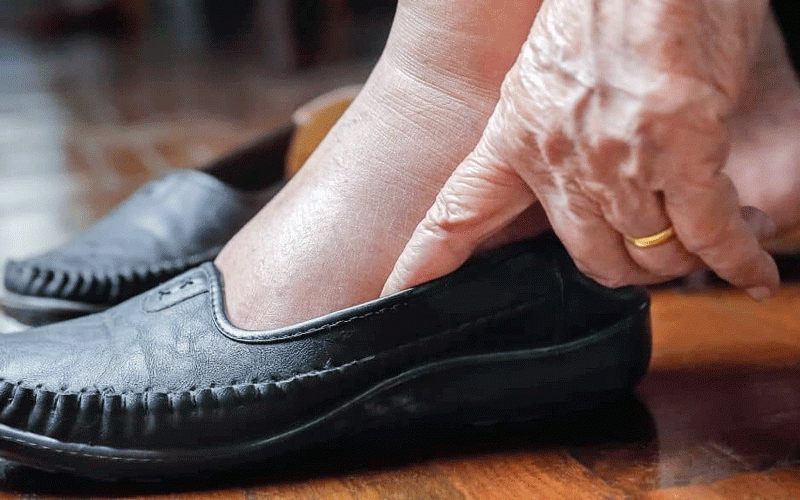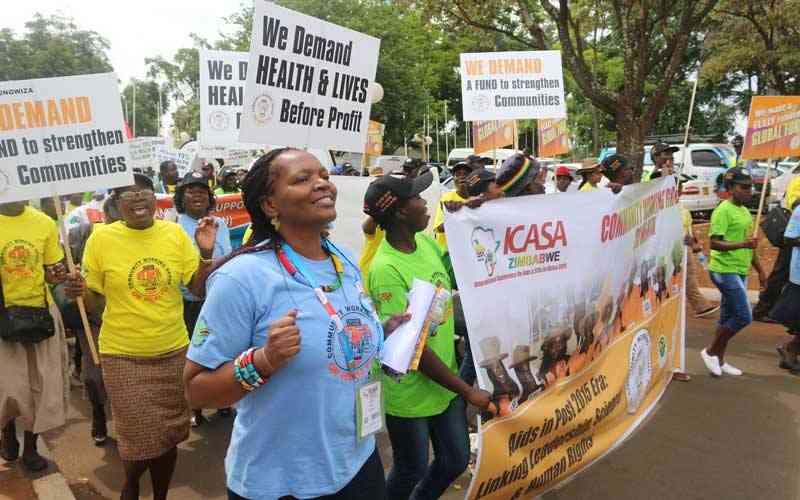
Contributing to a discussion forum on social and cultural barriers to treatment organised by Medicins Sans Frontiers (MSF) Spain on the sidelines of the Zimbabwe International Book Fair on Thursday, Mombeshora said men were also placed at risk by their masculine values.
“Cultural practices such as widow inheritance, early marriages and polygamy play a big role in the spread of HIV in Zimbabwe,” he said.
“Further, gender roles in the homes, power dynamics in sexual relations, poverty and dependence on men for money, biological make up as well as religious beliefs play an important role on females’ vulnerability towards HIV and Aids.”
Mombeshora said young married women faced challenges in seeking treatment, such as enrolling on prevention of mother to child transmission (PMTCT) programmes because their relatives forbid them.
He said in partriachial communities boys and men were socialised to believe that sex was their right and were entitled to it whenever they wanted it.
“Again men are placed at risk by masculine values, which discourage them from protecting themselves, their partners and their families,” Mombeshora said.
“They are key decision-makers in all aspects of the transmission and they have the powers to protect their partners but they lack health seeking behaviours which allow them to go for testing early.”
- Chamisa under fire over US$120K donation
- Mavhunga puts DeMbare into Chibuku quarterfinals
- Pension funds bet on Cabora Bassa oilfields
- Councils defy govt fire tender directive
Keep Reading
According to Mambeu Shumba, the National Aids Council’s planning and implementation coordinator, HIV and Aids is the leading cause of death among mothers and infants accounting for over 27% of all deaths.
“Coverage of PMCT prophylaxis among HIV-positive pregnant women at 59% remains suboptimal,” he said.
“In general, there is lack of knowledge and literacy on HIV and Aids issues.
“Fear of disclosure and discrimination as a result of shame associated with HIV is still huge. It is not helping that prominent figures prefer to die than seeking treatment, even if symptoms of HIV are evident.”
He said the system also needed to “clean up allegations of corruption across the board — procurement, distribution, health facility and implementers as well as other richer members of society using connections to access ART, jumping the queues.”
The dialogue was attended by officials from MSF-Spain, SAfAidis, Women and Aids Support Network, Padare/Enkundleni/Men’s Forum, Zimbabwe National Network of People Living with HIV and Aids, Zimbabwe Council of Churches, and the National Aids Council.











